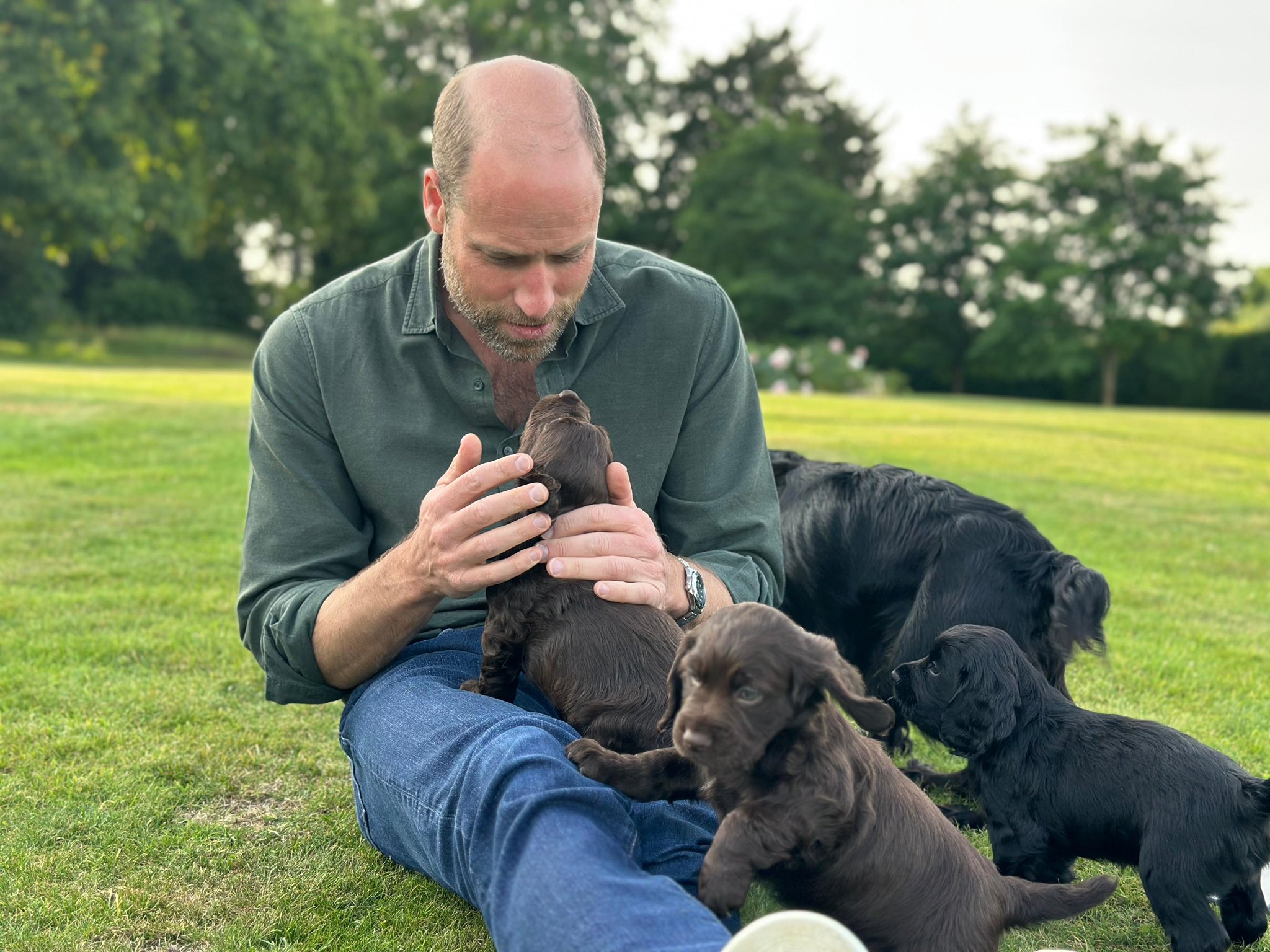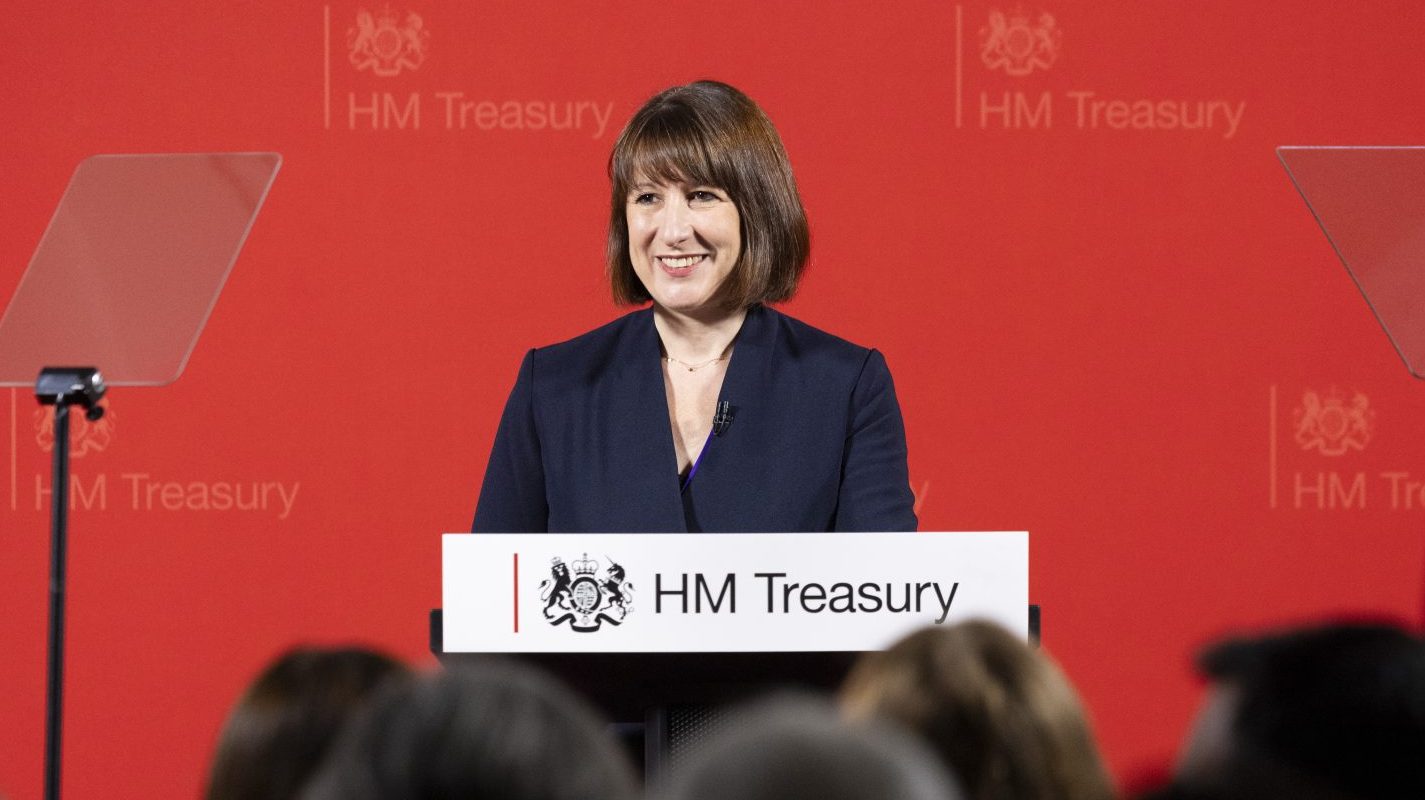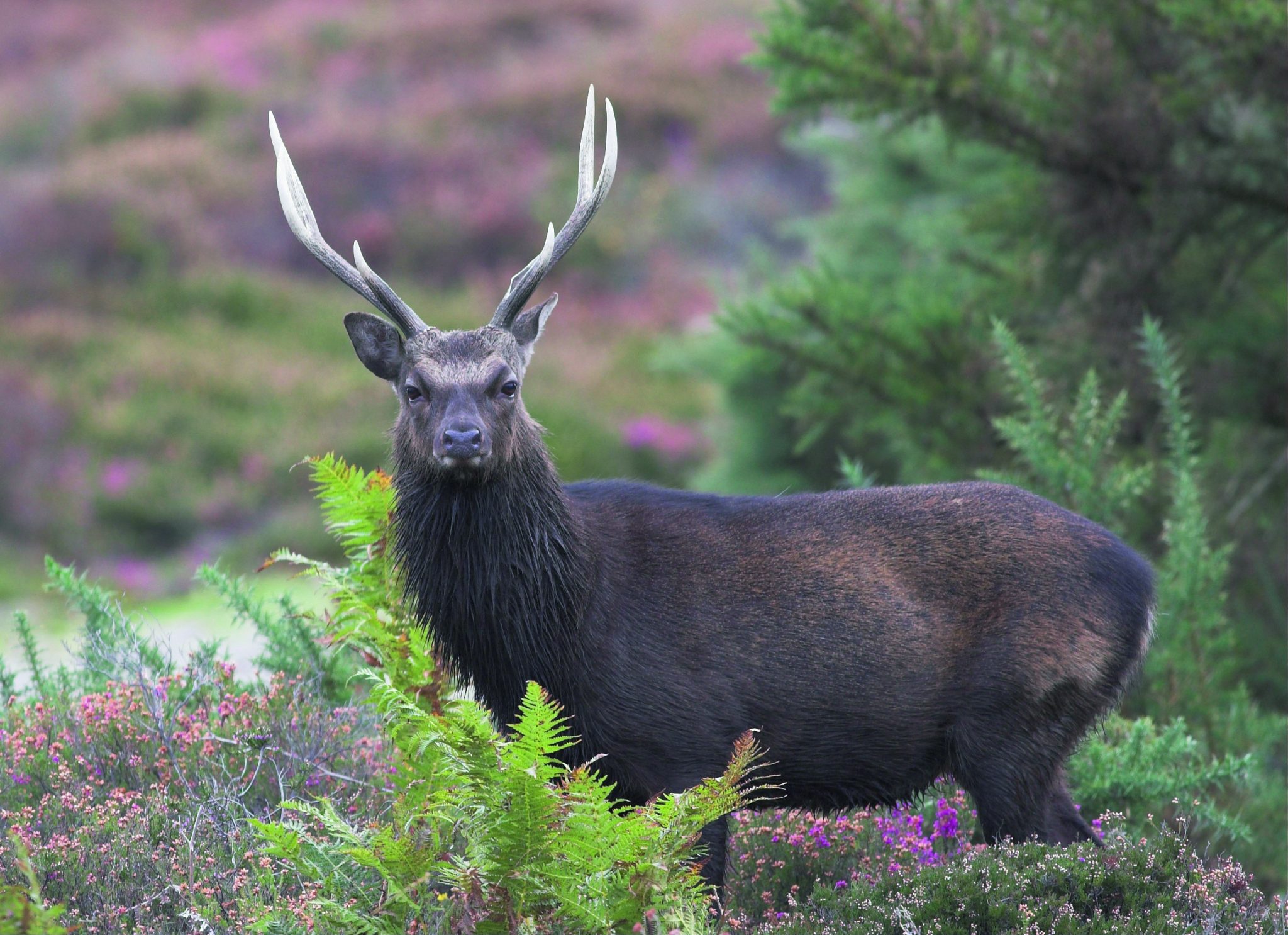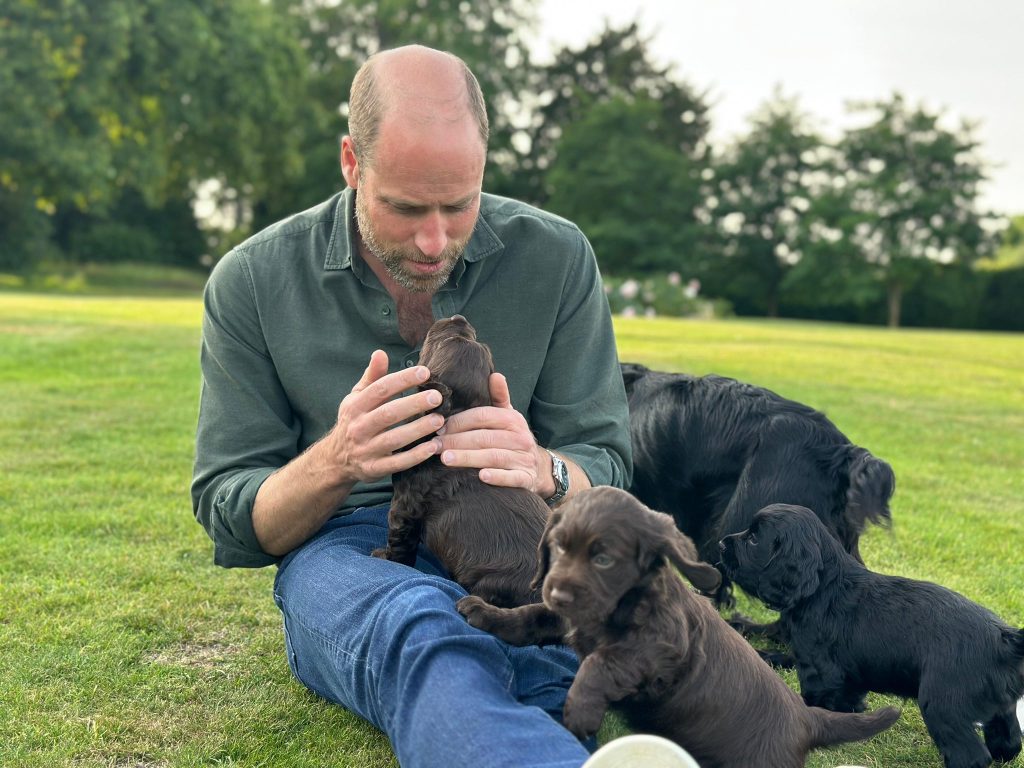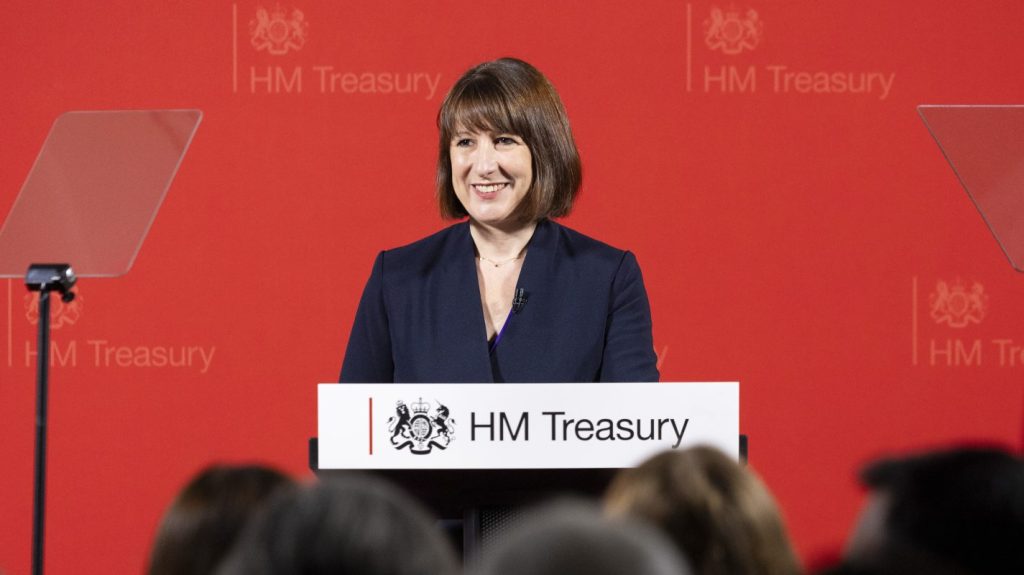News
Bird keepers in Britain to face further taxation
The National Gamekeepers' Organisation (NGO) has warned that those who keep animals could face rising costs in the coming year due to the concept of "responsibility and cost sharing" currently under discussion in Westminster.
Would you like to speak to our readers? We offer sponsored articles and advertising to put you in front of our audience. Find out more.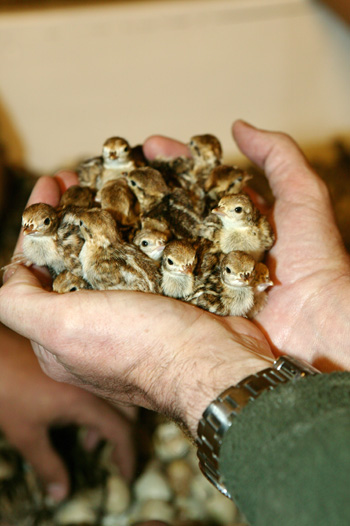
The suggestion is that those that keep animals should pay for the cost of dealing with outbreaks of notifiable animal diseases such as foot and mouth disease and avian influenza, and the promotion of animal welfare.
In return, it is suggested that those who pay should have a bigger say in how the government implements animal welfare and disease controls.
It is thought the cost to the taxpayer in tackling the spread of disease in cattle, sheep and turkeys last year was over £120 million, taking into account compensation packages, veterinary costs and the need to set up surveillance and protection zones to prevent the spread of diseases.
It is estimated that the outbreak of Foot and Mouth disease in 2001 cost the taxpayer approximately £2.7 billion. A public consultation is due to begin in October, with a view to passing a major new law within two years.
Charles Nodder, political consultant for the NGO, writes in the Autumn edition of the NGO magazine Keeping the Balance: “The drive for this new law appears to have come from DEFRA’s budget being pushed to breaking point from tackling recent outbreaks of notifiable diseases. The government wants to offload these costs back onto the industries that ’cause’ them. They argue that the premise is similar to the ‘polluter pays’ principle.”
What this means for gamekeepers is not entirely clear.
Mr Nodder raises several pertinent questions to which he received rather ambiguous responses from DEFRA, including whether or not shoots as well as those that rear game would be subject to the tax, how the shooting industry would be represented on the new body governing animal welfare and disease management, and whether or not those who keep game birds would be levied to pay for disease outbreaks in other animals, such as avian influenza in poultry.
It is also questioned how this tax would be enforced, and whether DEFRA would use the GB Poultry Register to “find and tax gamebird keepers.”
The scheme has already been beset with problems, with the Scottish and Welsh administrations announcing that they do not want to be involved, and the National Farmers’ Union withdrawing from negotiations.
However, Mr Nodder suggests that changes are inevitable: “Similar initiatives are already being discussed in parts of Europe, and there is some sort of a case to be made that leaving animal disease management to the government has not worked particularly well in the past, has cost a huge amount of money and might be done better by those who truly understand animals – namely the people that keep them.”
Related articles
News
PETA attacks royal couple for breeding cocker pups
The Prince and Princess of Wales have faced criticism from animal rights group PETA after they had a litter of puppies
By Time Well Spent
News
Farmers launch legal review against Reeves’s farm tax
Chancellor Rachel Reeves faces a judicial review over inheritance tax reforms that could force family farms out of business
By Time Well Spent
Manage Consent
To provide the best experiences, we use technologies like cookies to store and/or access device information. Consenting to these technologies will allow us to process data such as browsing behavior or unique IDs on this site. Not consenting or withdrawing consent, may adversely affect certain features and functions.
Functional Always active
The technical storage or access is strictly necessary for the legitimate purpose of enabling the use of a specific service explicitly requested by the subscriber or user, or for the sole purpose of carrying out the transmission of a communication over an electronic communications network.
Preferences
The technical storage or access is necessary for the legitimate purpose of storing preferences that are not requested by the subscriber or user.
Statistics
The technical storage or access that is used exclusively for statistical purposes.
The technical storage or access that is used exclusively for anonymous statistical purposes. Without a subpoena, voluntary compliance on the part of your Internet Service Provider, or additional records from a third party, information stored or retrieved for this purpose alone cannot usually be used to identify you.
Marketing
The technical storage or access is required to create user profiles to send advertising, or to track the user on a website or across several websites for similar marketing purposes.

